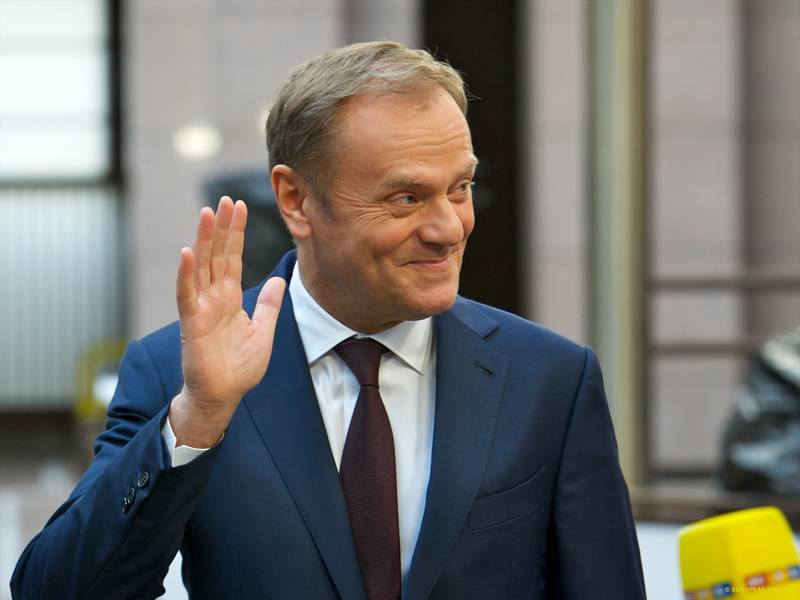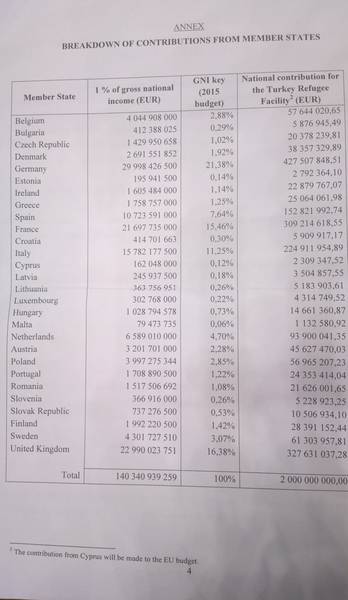A Clash of Priorities
Adelina Marini, December 17, 2015
The Commission and the EP have one set of priorities for the two-day EU summit starting today and the European Council has a different one. The losers from the summit are expected to be Great Britain, the EC, and the EP. The subjects on the agenda are the migrant crisis, the referendum on the United Kingdom remaining a part of the EU, deepening of euro area integration, the energy union, the proposals for completing the banking union and the internal market, the fight against terrorism. The war in Syria will also be mentioned. The most discussed subjects, however, will be migration, Great Britain, and the future of the euro area. The ambition of the president of the European Council is to devote more time on the British demands, but this is unlikely to happen. Most member states prefer to discuss the new proposal of the EC for common border policing. A source from the EU thinks that the leaders will not go in-depth on this proposal, as it was presented just two days ago.

You can judge from the statements of some leaders, however, that this will undoubtedly be the top-subject of the evening. You can tell by the draft conclusions of the summit, which are available to euinside, that migration will really be the leading topic, same as in previous summits. The reason is that fulfilment of commitments made by member states is weak. This is why in the conclusions they once more commit to working on implementation, especially in the part pertaining to policing the external Schengen borders, establishment of hotspots, fight against people-smuggling, registering and sheltering refugees. The leaders encourage ministers to keep on working on the crisis mechanism for refugee relocation. They recommend that an in-depth look is given to the EC’s proposal for common border security, for a reform of the Schengen code, and a review of the Dublin regulation.
Second in the draft conclusions comes the fight against terrorism because of the Paris attacks of November 13th. No news here either. The already familiar commitments are reiterated – providing systematic feed of data into the Schengen information system for foreign terrorists, providing of a systematic exchange of criminal records of persons, connected to terrorism and organised crime, as well as improving the information exchange between the different bodies dealing with the fight against terrorism. The only new and specific commitments made by the leaders at their December summit are connected to the future of the euro area, as euinside already reported. The leaders also support the EC’s proposals for finishing the internal market and the building of an energy union.
The British question, however, was nowhere to be seen in the priorities of the European Parliament during the debate on the agenda of the European Council. Most speeches focused on the problems with migration. The leader of the largest group in the European Parliament – EPP – Manfred Weber (Germany) appealed that there be no new decisions, but instead a solid commitment to implementing the ones already made. Gianni Pittella (Italy), leader of the group of Socialists and Democrats, in turn appealed for a revision of the Dublin regulation and a permanent relocation scheme. To the Liberals what is suggested by the EC is too little. Of the same opinion was the Green MEP Philippe Lamberts (Belgium). MEPs almost did not touch upon the British question, with the exception of British MEPs, but even not all of them had it as a main one. For example to European Conservatives and Reformists leader Syed Kamall, it is very easy to meet the British demands. He expressed hope that the British question will provoke a debate on an EU reform. In his speech, however, he focused much more on the migration subject.
Nigel Farage was convinced that the discussion of the British question will once more end in a fiasco like the previous time, when, regardless of plans, the subject was left for late in the evening and the debate took literally minutes. According to EU sources, it is likely that this time, too, British Prime Minister David Cameron does not receive all the attention he wants. A highly-placed EU source admitted that all demands of the United Kingdom are very difficult and there is no agreement even on a single issue. Despite the British drama, however, the December European Council looks like it is going to be one of the most unremarkable ones this year.
Translated by Stanimir Stoev
 David Cameron | © Council of the EU
David Cameron | © Council of the EU | © euinside
| © euinside | © euinside
| © euinside